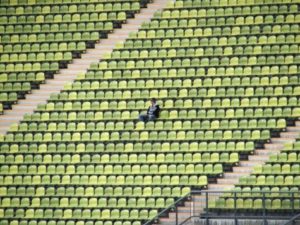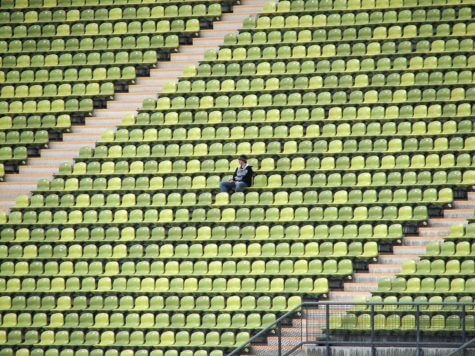VANCOUVER — Merely thinking that you don’t have enough friends can affect your happiness along with your likelihood of making new friends, a new study finds.
Researchers at the University of British Columbia (UBC) and Harvard conducted two separate surveys with first-year college students, hoping to determine how one’s social self-perception on campus affected their well-being and sense of belonging.

The first survey was administered to nearly 1,100 UBC freshmen, who were asked to compare the number of friends they had made to that of their other fellow freshmen.
Forty-eight percent of students believed that other students had made more friends than them, compared to only 31 percent who believed the inverse.
A second survey tracked 389 UBC freshman students over their entire first academic year, finding that those who believed that their peers had established more friendships reported diminished well-being by the end of the year.
Interestingly, students who felt like there was a moderate gap between the number of friends they had and the average student were more likely to later make additional friends than those who believed their peers had far outpaced them. This behavior can cause an individual to feel more isolated, researcher say.
“We think students are motivated to make more friends if they think their peers only have one or two more friends than they do,” explains lead author Ashley Whillans in a university news release. “But if they feel like the gap is too big, it’s almost as if they give up and feel it isn’t even worth trying.”
As for why many students formulate a misguided perception, it might be because they are primarily exposed to peers in social situations, as opposed to by themselves.
“Since social activities, like eating or studying with others, tend to happen in cafes and libraries where they are easily seen, students might overestimate how much their peers are socializing because they don’t see them eating and studying alone,” says senior author Frances Chen.
While it is unclear whether these same phenomena occur to individuals placed in other social contexts, these findings illustrate the need for universities to help first-year students ease into establishing social networks.
The completed study was published this month in the journal Personality and Social Psychology Bulletin.

So you should fantasize that you’re popular if you aren’t?